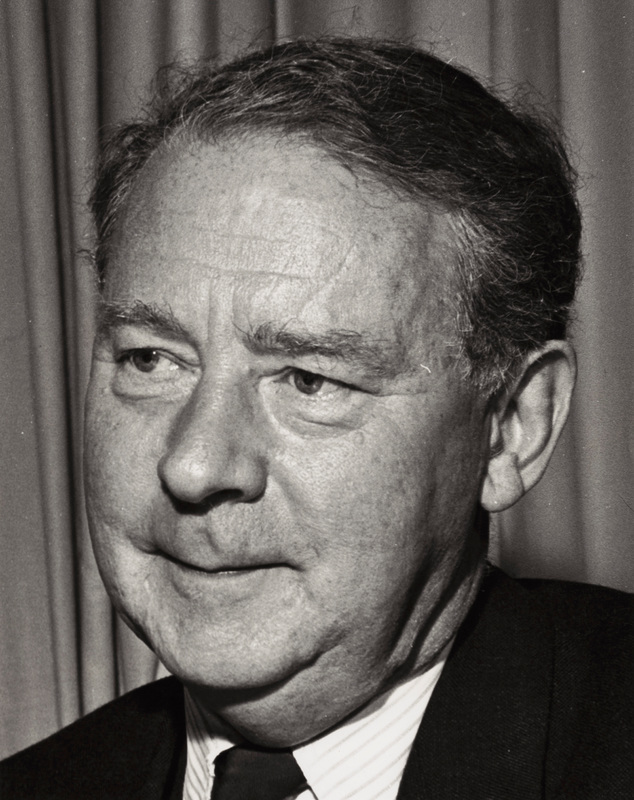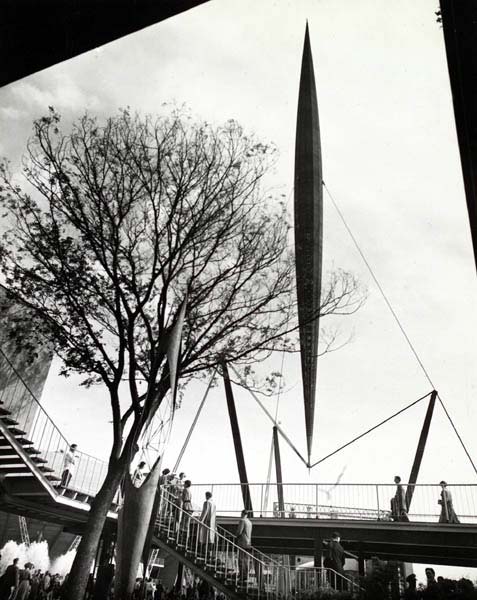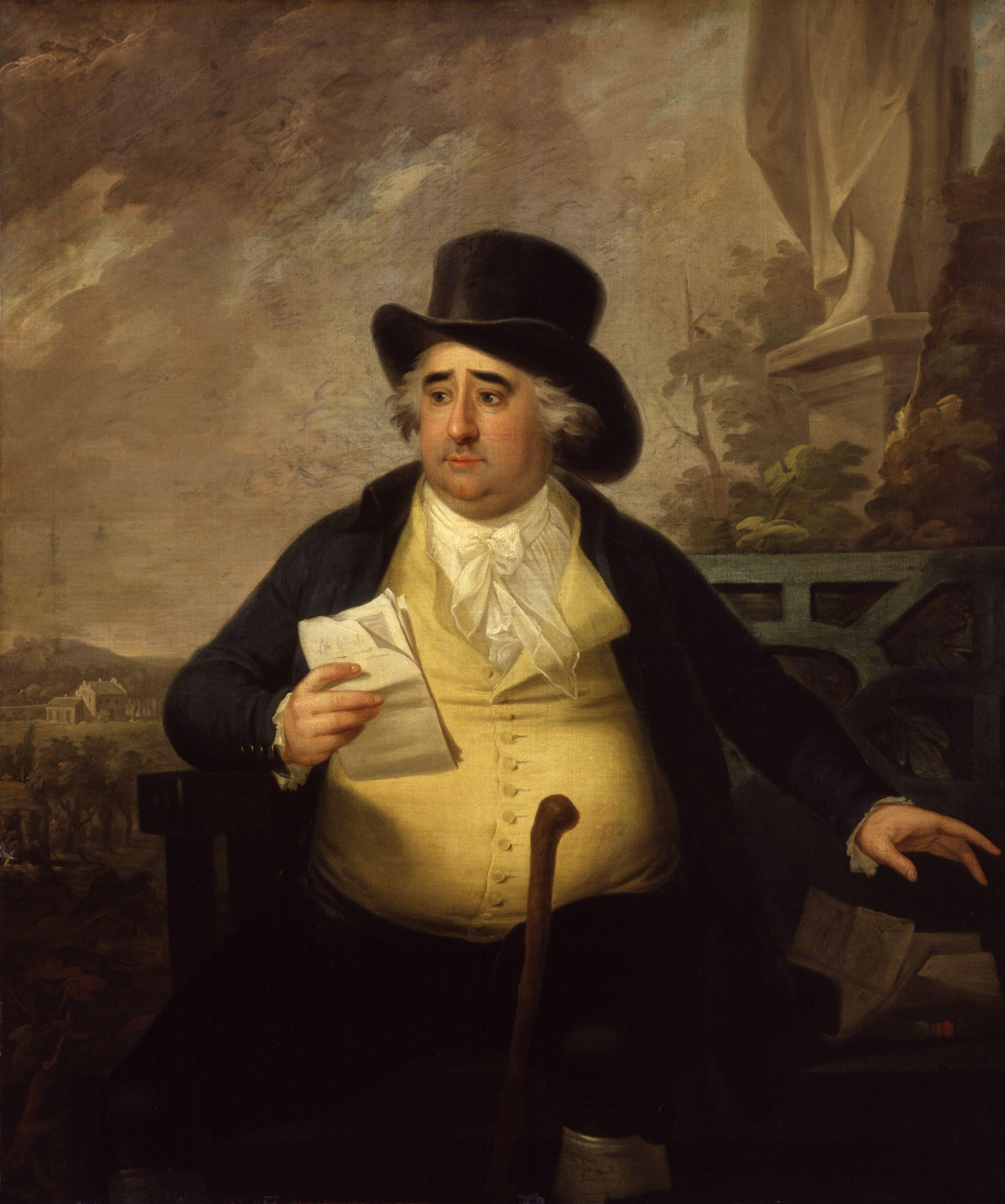|
Attlee
Clement Richard Attlee, 1st Earl Attlee, (3 January 18838 October 1967) was a British politician who served as Prime Minister of the United Kingdom from 1945 to 1951 and Leader of the Labour Party (UK), Leader of the Labour Party from 1935 to 1955. He was Deputy Prime Minister of the United Kingdom, Deputy Prime Minister during the Churchill war ministry, wartime coalition government under Winston Churchill, and served twice as Leader of the Opposition (United Kingdom), Leader of the Opposition from 1935 to 1940 and from 1951 to 1955. Attlee remains the longest serving Labour leader. Attlee was born into an upper-middle-class family, the son of a wealthy London solicitor. After attending the public school (United Kingdom), public school Haileybury and Imperial Service College, Haileybury College and the University of Oxford, he practised as a Barristers in England and Wales, barrister. The volunteer work he carried out in East End of London, London's East End exposed him to p ... [...More Info...] [...Related Items...] OR: [Wikipedia] [Google] [Baidu] |
Hugh Gaitskell
Hugh Todd Naylor Gaitskell (9 April 1906 – 18 January 1963) was a British politician who served as Leader of the Labour Party and Leader of the Opposition from 1955 until his death in 1963. An economics lecturer and wartime civil servant, he was elected to Parliament in 1945 and held office in Clement Attlee's governments, notably as Minister of Fuel and Power following the bitter winter of 1946–47, and eventually joining the Cabinet as Chancellor of the Exchequer. Facing the need to increase military spending in 1951, he imposed National Health Service charges on dentures and spectacles, prompting the leading left-winger Aneurin Bevan to resign from the Cabinet. The perceived similarity in his outlook to that of his Conservative Party counterpart Rab Butler was dubbed "Butskellism", initially a satirical term blending their names, and was one aspect of the post-war consensus through which the major parties largely agreed on the main points of domestic and foreign policy ... [...More Info...] [...Related Items...] OR: [Wikipedia] [Google] [Baidu] |
Herbert Morrison
Herbert Stanley Morrison, Baron Morrison of Lambeth, (3 January 1888 – 6 March 1965) was a British politician who held a variety of senior positions in the UK Cabinet as member of the Labour Party. During the inter-war period, he was Minister of Transport during the Second MacDonald ministry, then after losing his parliamentary seat in the 1931 United Kingdom general election, he became Leader of the London County Council in the 1930s. After returning to the Commons, he was defeated by Clement Attlee in the 1935 Labour Party leadership election but later acted as Home Secretary in the wartime coalition. Morrison organised Labour's victorious 1945 election campaign, and was appointed Leader of the House of Commons and acted as Attlee's deputy in the Attlee ministry of 1945–51. Attlee, Morrison, Ernest Bevin, Stafford Cripps, and initially Hugh Dalton formed the "Big Five" who dominated those governments. Morrison oversaw Labour's nationalisation programme, although he op ... [...More Info...] [...Related Items...] OR: [Wikipedia] [Google] [Baidu] |
Winston Churchill
Sir Winston Leonard Spencer Churchill (30 November 187424 January 1965) was a British statesman, soldier, and writer who served as Prime Minister of the United Kingdom twice, from 1940 to 1945 Winston Churchill in the Second World War, during the Second World War, and again from 1951 to 1955. Apart from two years between 1922 and 1924, he was a Member of Parliament (United Kingdom), Member of Parliament (MP) from 1900 to 1964 and represented a total of five UK Parliament constituency, constituencies. Ideologically an Economic liberalism, economic liberal and British Empire, imperialist, he was for most of his career a member of the Conservative Party (UK), Conservative Party, which he led from 1940 to 1955. He was a member of the Liberal Party (UK), Liberal Party from 1904 to 1924. Of mixed English and American parentage, Churchill was born in Oxfordshire to Spencer family, a wealthy, aristocratic family. He joined the British Army in 1895 and saw action in British Raj, Br ... [...More Info...] [...Related Items...] OR: [Wikipedia] [Google] [Baidu] |
George Lansbury
George Lansbury (22 February 1859 – 7 May 1940) was a British politician and social reformer who led the Labour Party from 1932 to 1935. Apart from a brief period of ministerial office during the Labour government of 1929–31, he spent his political life campaigning against established authority and vested interests, his main causes being the promotion of social justice, women's rights, and world disarmament. Originally a radical Liberal, Lansbury became a socialist in the early 1890s, and thereafter served his local community in the East End of London in numerous elective offices. His activities were underpinned by his Christian beliefs which, except for a short period of doubt, sustained him through his life. Elected to the UK Parliament in 1910, he resigned his seat in 1912 to campaign for women's suffrage, and was briefly imprisoned after publicly supporting militant action. In 1912, Lansbury helped to establish the '' Daily Herald'' newspaper, and became its edito ... [...More Info...] [...Related Items...] OR: [Wikipedia] [Google] [Baidu] |
Arthur Greenwood
Arthur Greenwood, (8 February 1880 – 9 June 1954) was a British politician. A prominent member of the Labour Party from the 1920s until the late 1940s, Greenwood rose to prominence within the party as secretary of its research department from 1920 and served as Parliamentary Secretary to the Ministry of Health in the short-lived Labour government of 1924. In 1940, he was instrumental in resolving that Britain would continue fighting Nazi Germany in World War II. Early life Greenwood was born in Hunslet, Leeds, the son of a painter and decorator. He was educated at the Yorkshire College (which later became the University of Leeds), where he took a BSc. Political career Greenwood was first elected to the House of Commons at the 1922 general election for the constituency of Nelson and Colne in Lancashire. He held the seat until being defeated at the 1931 election, but returned to Parliament the following year, winning a by-election in the Yorkshire constituency of Wakef ... [...More Info...] [...Related Items...] OR: [Wikipedia] [Google] [Baidu] |
Stafford Cripps
Sir Richard Stafford Cripps (24 April 1889 – 21 April 1952) was a British Labour Party politician, barrister, and diplomat. A wealthy lawyer by background, he first entered Parliament at a by-election in 1931, and was one of a handful of Labour frontbenchers to retain his seat at the general election that autumn. He became a leading spokesman for the left-wing and co-operation in a Popular Front with Communists before 1939, in which year he was expelled from the Labour Party. During World War II, he served as Ambassador to the USSR (1940–42), during which time he grew wary of the Soviet Union, but achieved great public popularity because on being invaded by Nazi Germany the USSR stated its co-operation with the Allies and restoring peace, causing Cripps to be seen in 1942 as a potential rival to Winston Churchill for the premiership. He became a member of the War Cabinet of the wartime coalition, but failed in his efforts (the "Cripps Mission") to resolve the wartime cr ... [...More Info...] [...Related Items...] OR: [Wikipedia] [Google] [Baidu] |
Leader Of The Opposition (United Kingdom)
The Leader of His Majesty's Most Loyal Opposition, more commonly referred to as the Leader of the Opposition, is the person who leads the Official Opposition in the United Kingdom. The position is seen as the shadow head of government of the United Kingdom. By convention, the Leader of the Opposition is the leader of the largest political party in the House of Commons that is not in government. When a single party wins outright, this is the party leader of the second-largest political party in the House of Commons. The current Leader of the Opposition is Sir Keir Starmer, the Leader of the Labour Party. Starmer was elected to that position on 4 April 2020. The Leader of the Opposition is often viewed as an alternative or shadow prime minister, and is appointed to the Privy Council. They lead an Official Opposition Shadow Cabinet, which scrutinises the actions of the Cabinet and offers alternative policies. In the nineteenth century, party affiliations were generally less ... [...More Info...] [...Related Items...] OR: [Wikipedia] [Google] [Baidu] |
Deputy Prime Minister Of The United Kingdom
The deputy prime minister of the United Kingdom is a minister of the Crown and a member of the British Cabinet. The office is not always in use, and prime ministers may use other offices, such as First Secretary of State, to indicate the seniority. The office is currently held by Dominic Raab who has served since October 2022 under Rishi Sunak, having previously served as deputy under Boris Johnson. Constitutional position The office of deputy prime minister carries no salary and its holder has no right to automatic succession. One classical argument made against appointing a minister to the office is that it might restrict the monarch's royal prerogative to choose a Prime Minister. However, Rodney Brazier has more recently written that there is a strong constitutional case for every Prime Minister to appoint a Deputy Prime Minister, to ensure an effective temporary transfer of power in most circumstances. Similarly, Vernon Bogdanor has said that that argument holds little w ... [...More Info...] [...Related Items...] OR: [Wikipedia] [Google] [Baidu] |
Leader Of The Labour Party (UK)
The leader of the Labour Party is the highest position within the United Kingdom's Labour Party. The current holder of the position is Keir Starmer, who was elected to the position on 4 April 2020, following his victory in the party's leadership election. The post of Leader of the Labour Party was officially created in 1922. Before this, between when Labour MPs were first elected in 1906 and the general election in 1922, when substantial gains were made, the post was known as Chairman of the Parliamentary Labour Party.Thorpe, Andrew. (2001) ''A History of the British Labour Party'', Palgrave, In 1970, the positions of leader of the Labour Party and chairman of the Parliamentary Labour Party were separated. In 1921, John R. Clynes became the first leader of the Labour Party to have been born in England; all party leaders before him had been born in Scotland. In 1924, Ramsay MacDonald became the first ever Labour prime minister, leading a minority government which lasted nine ... [...More Info...] [...Related Items...] OR: [Wikipedia] [Google] [Baidu] |
Neville Chamberlain
Arthur Neville Chamberlain (; 18 March 18699 November 1940) was a British politician of the Conservative Party who served as Prime Minister of the United Kingdom from May 1937 to May 1940. He is best known for his foreign policy of appeasement, and in particular for his signing of the Munich Agreement on 30 September 1938, ceding the German-speaking Sudetenland region of Czechoslovakia to Nazi Germany led by Adolf Hitler. Following the German invasion of Poland on 1 September 1939, which marked the beginning of the Second World War, Chamberlain announced the declaration of war on Germany two days later and led the United Kingdom through the first eight months of the war until his resignation as prime minister on 10 May 1940. After working in business and local government, and after a short spell as Director of National Service in 1916 and 1917, Chamberlain followed his father Joseph Chamberlain and elder half-brother Austen Chamberlain in becoming a Member of Parliament in t ... [...More Info...] [...Related Items...] OR: [Wikipedia] [Google] [Baidu] |
Lord President Of The Council
The lord president of the Council is the presiding officer of the Privy Council of the United Kingdom and the fourth of the Great Officers of State (United Kingdom), Great Officers of State, ranking below the Lord High Treasurer but above the Lord Privy Seal, Lord Keeper of the Privy Seal. The Lord President usually attends and is responsible for chairing the meetings of the Privy Council, presenting business for the approval of the Monarchy of the United Kingdom, sovereign. In the modern era, the incumbent is by convention always a member of one of the Houses of Parliament of the United Kingdom, Parliament, and the office is normally a Cabinet of the United Kingdom, Cabinet position. The office and its history The Privy Council meets once a month, wherever the sovereign may be residing at the time, to give formal approval to Order in Council, Orders in Council. Only a few privy counsellors need attend such meetings, and only when invited to do so at the government's request. ... [...More Info...] [...Related Items...] OR: [Wikipedia] [Google] [Baidu] |
John Anderson, 1st Viscount Waverley
John Anderson, 1st Viscount Waverley, (8 July 1882 – 4 January 1958) was a Scottish civil servant and politician who is best known for his service in the War Cabinet during the Second World War, for which he was nicknamed the "Home Front Prime Minister". He served as Home Secretary, Lord President of the Council and Chancellor of the Exchequer. The Anderson shelters are named after him. A graduate of the University of Edinburgh and the University of Leipzig where he studied the chemistry of uranium, Anderson joined the Civil Service in 1905, and worked in the West African Department of the Colonial Office. During the Great War he headed the staff of the Ministry of Shipping. He served as Under-Secretary for Ireland from 1921 to 1922 during its transition to independence, and as the Permanent Under-Secretary of State at the Home Office from 1922 to 1931 he had to deal with the General Strike of 1926. As Governor of Bengal from 1932 to 1937, he instituted social and financia ... [...More Info...] [...Related Items...] OR: [Wikipedia] [Google] [Baidu] |
.png)






.jpg)



